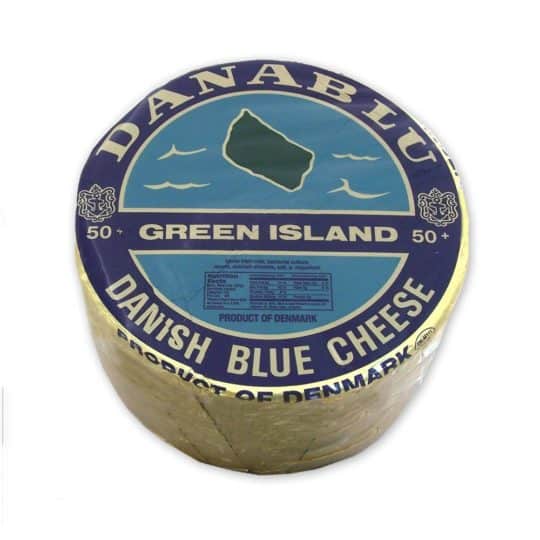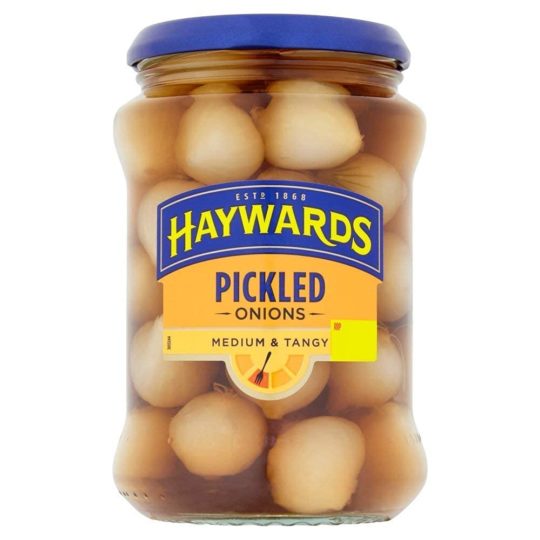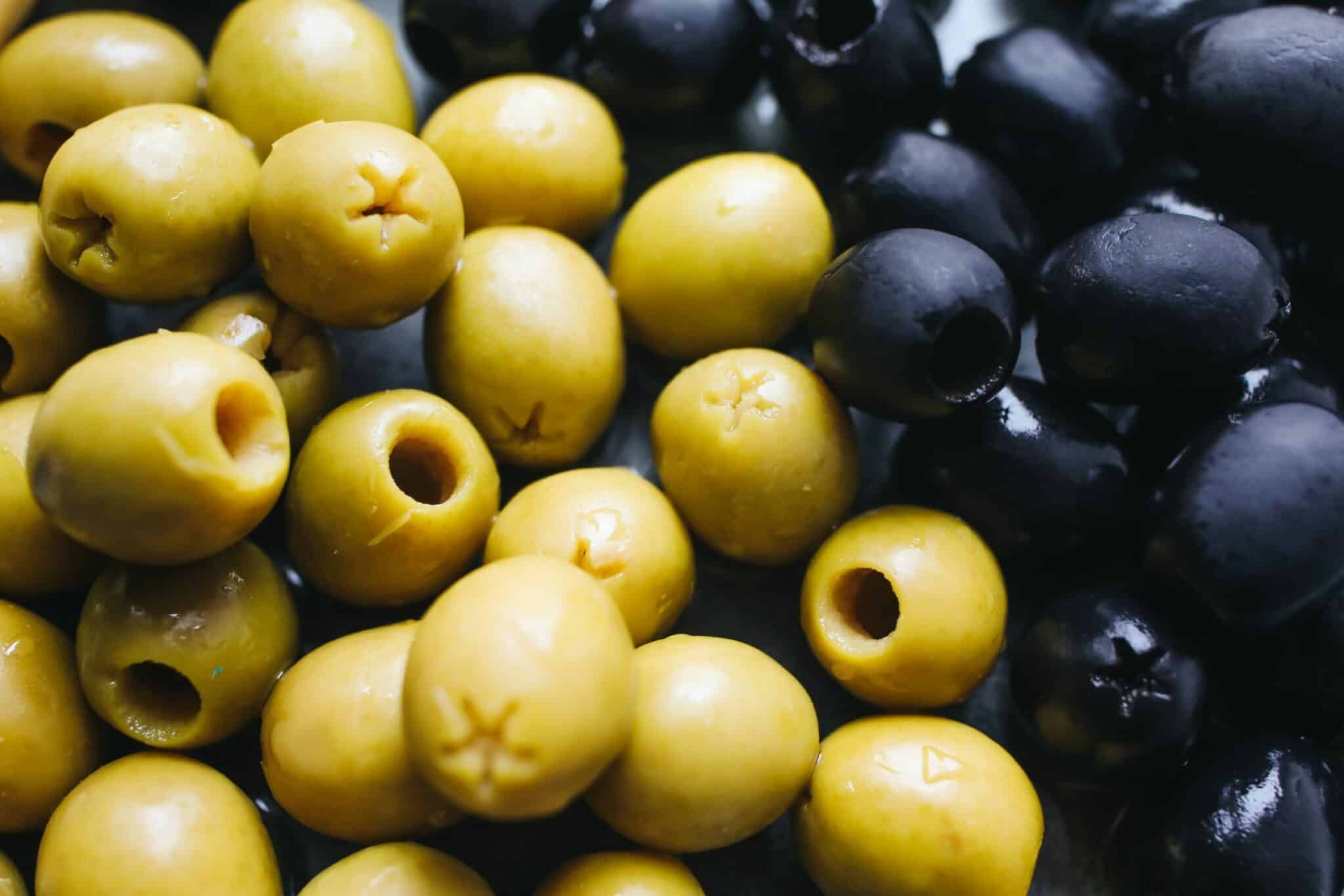Olives are a food item that can be considered great-tasting and versatile in recipes. Niçoise olives, in particular, have a desirably salty flavor with several delicious undertones that can work into many recipes and complement them perfectly.
However, it might be possible that you do not personally like Niçoise olives for some reason or have allergies that would necessitate its absence in your meals. This could be a bummer if you particularly like the feel of olives in your recipes, but it doesn’t have to be.
We have suggested some wonderful, maybe unbelievable, options that can conveniently replace Niçoise olives in your recipes. Find out how to properly blend these substitutes in your recipes, and you might have a culinary goldmine right in your hands.
What are niçoise olives?
Nicoise olives are a type of olive grown mostly in the Alpes-Maritimes region of France, near Nice, and the Riviera di Ponente in Italy. Its name Niçoise refers to how it is cured; they are most recognized for their use in Niçoise salads. The olives are cured black for this purpose, a technique carried out in the Nice area, hence the name.
Niçoise olives are a popular French snack; brine-cured has a strong savory flavor and is frequently stuffed with herbs. Pitted, minced niçoise olives create a great, full-flavored tapenade spread, too, and are a classic component of salade niçoise.
Besides being a staple in niçoise salad, it can also be utilized in oil extraction.
Uses of niçoise olives in recipes
As a result of the curing liquid used in making them, Niçoise olives have a pleasantly salty flavor. Some people also love detecting natural sour, bitter, spicy, and oily flavors. Some nutty, winey, and licorice notes are also present in recipes that contain Niçoise olives.
Niçoise olives are adaptable and can be utilized the same way other cured olives are. They can be eaten raw, added to complement salads, used as a pizza topping, and cooked into sauces, chicken, and fish meals.
Other recipes in which Nicoise olives can be used include:
- Niçoise vinaigrette
- Tuna Niçoise salad
- Zucchini with Niçoise olives and burrata
- Red lentil soup with Niçoise olives
- Steak salad Niçoise
- Beef tenderloin Niçoise
- Chicken piccata with Niçoise olives
- Niçoise-style roasted cod and garlic bread
- Niçoise chicken stew
- Classic Niçoise salad
- Chicken breasts Niçoise
- Caesar Niçoise salad
- Fish with sauce Niçoise
- Niçoise pasta
- Egg Niçoise salad
Substitutes for nicoise olives
The many pleasant flavors in Niçoise olives can be considered desirable in a wide range of recipes. However, if you’re a great fan of olives, it should not be news that Niçoise olives are rather popular in lots of recipes. And for a good reason, too, that salty taste is too good to miss out on.
However, Niçoise olives may not always be available for use in your recipes. As such, it is a good idea to consider the use of alternative options. Thankfully, some options can work their way into recipes in place of Niçoise olives.
One of the following options should suffice in place of Nicoise olives:
Anchovies
Anchovies typically contain potassium, calcium, and vitamin A, besides being rich in omega-3 fatty acids. They are also basically the main ingredient already when making an olive tapenade. As such, they go well with olives.
Anchovies are perhaps the perfect alternatives for Niçoise olives in recipes. This may be because using even the smallest quantity of anchovies can produce the same salty effect that Niçoise olives in recipes, making for a great substitute.
Therefore, if you happen to run out of Niçoise olives and you need ideas, try anchovies. It’s worth noting, however, that they have a strong aroma and taste, so quantities should be monitored properly so as not to overpower the dish.
Blue cheese
The aging process that blue cheese undergoes makes it a wonderful substitute for olives in general, in terms of the spice it imparts. Blue cheese possesses a unique, rich flavor, and even in small amounts, can accentuate other flavors contained in recipes.
Blue cheese makes for a perfect substitute for Niçoise olives due to its salty, earthy, meaty, and slightly bitter taste. It can replace them with sandwiches and salads. As a result of its buttery texture, it is great for use in dips to produce creamy and flavorful effects. It also happens to blend in well with other ingredients, making it a rather unusual substitute for olives in general.
However, using blue cheese in large quantities may alter the taste of meals due to its overpowering nature. Also, and contains some lactose and is thus unsuitable for vegans.
Pickled onions
Onions are particularly healthy foods, rich in potassium and vitamin C. They become rich in vinegar useful for digestive health, apart from conveniently adding great taste to a wide variety of meals when pickled.
Pickled onions can replace Niçoise olives in various cuisines while also adding a kick of heat. In addition to its heat, this onion has a strong flavor that can enhance the flavor of salads and sandwiches.
Pickled onions can be used in place of Niçoise olives in recipes for salads, dressings, or salsas, or may be combined with other ingredients to create great-tasting pizza toppings. Pickled onions are best served alone, with cheese as a compliment, but they can be used in place of olives in sandwiches.
Frequently asked questions (FAQs)
What have pitted niçoise olives?
Pitted Nicoise Olives are a black olive with a natural pit packed in the Provence region of France. The olives are imported pet-free and have a distinctive sour flavor. They’re graded for uniform size and flavor and then packed in brine. France is the source of this product.
What does niçoise mean in cooking?
The name Niçoise is most commonly associated with a salad that comprises, among other things, tomatoes, olives, and anchovies. “In the style of Nice, France,” generally, is what niçoise means.
How do you pronounce nicoise?
“nee-SWAZ” is the only way to pronounce Niçoise correctly.
Conclusion
When seeking replacements for Niçoise olives, your best bet is to go with something that can closely replicate their pleasant salty taste in your recipes to get the best results.
Luckily, our suggested options can work excellently as the right fit, with sufficiently similar flavor profiles to Niçoise olives, so much that they would get the job even in small amounts. Watch out for slight taste differences, but ultimately, you could be in for such a great-tasting treat that you would never have imagined.




